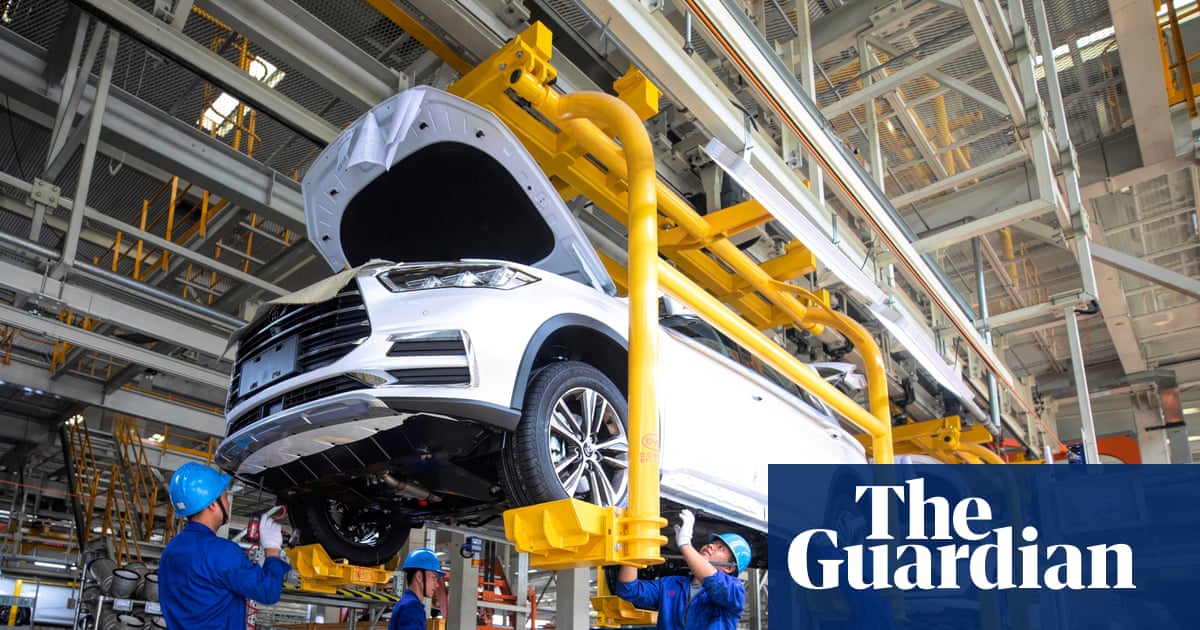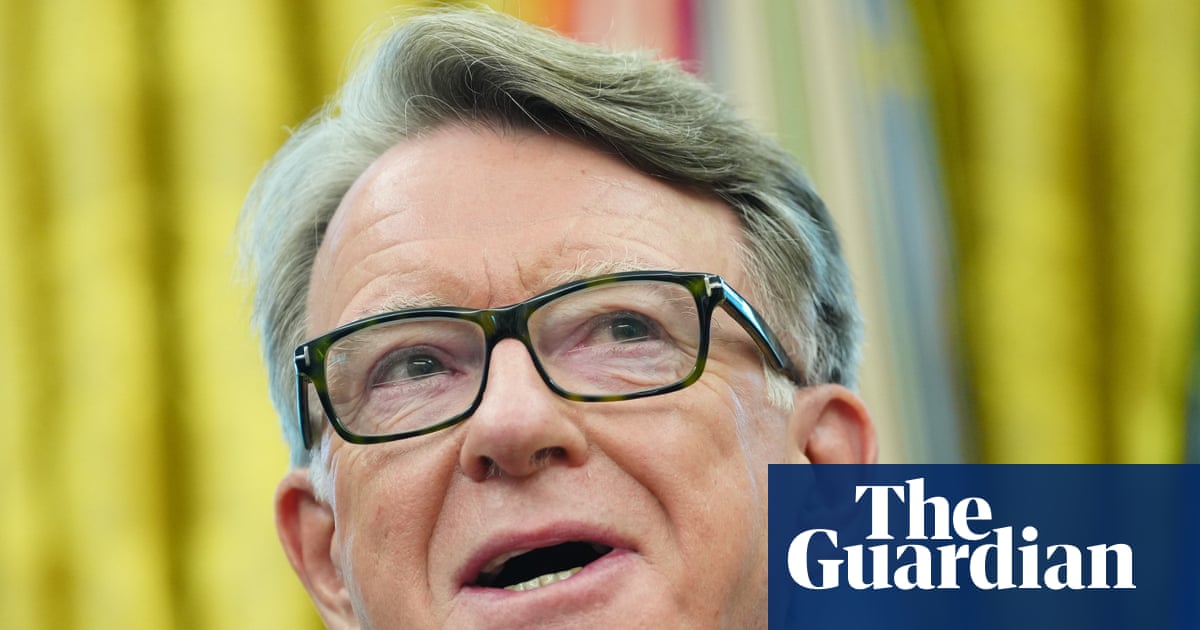Nvidia is set to report its first quarter earnings after the bell on Wednesday. The company is a bellwether for the business of artificial intelligence, both in its cutting-edge hardware and the new regulatory headwinds it is facing, and investors will be watching closely.
Wall Street expects the company to report $43.3bn in revenue, up 66% year over year, and adjusted earnings per share of 73 cents. There’s no company more important to “the markets and global investor sentiment” than the high-flying chipmaker, according to Wedbush Securities analysts.
Nvidia’s quarterly reports for the past year have shown explosive growth and is expected to beat Wall Street expectations Wednesday. The company may provide guidance that underwhelm investors for the first time in two years, though. Donald Trump’s April announcement that the administration was tightening export rules on computer chips effectively banned Nvidia from selling its H20 AI chips to China, a major source of revenue. The company revealed in a recent SEC filing that the change would cost the company $5.5bn in charges. In an interview with Ben Thompson, the Nvidia CEO Jensen Huang said the move was “deeply painful” and could result in $15 bn in revenue loss.
“No company in history has ever written off that much inventory,” Huang said. “[N]ot only am I losing $5.5bn – we wrote off $5.5bn – we walked away from $15bn of sales and probably ... $3bn worth of taxes.”
The tightening rules on chip exports comes as the committee on China within the US Congress announced it was seeking answers from Nvidia about how its chips ended up powering breakthrough AI models in China, particularly DeepSeek, an AI company that matched the products of US AI companies without the same computing power. The committee alleges in a new report that China-based DeepSeek “covertly funnels American user data to the Chinese Communist party, manipulates information to align with CCP propaganda, and was trained using material unlawfully obtained from U.S”.
Analysts are bracing for what this could mean for the next few quarters.
“Next year will be interesting since there is uncertainty from the geopolitics (ie export controls, tariffs, negotiations), despite strong demand for its data center products (Hopper and Blackwell chips),” said Alvin Nguyen, a senior analyst at Forrester.
While in previous quarters, analysts were looking to see how much the company would surpass investor expectations this quarter the considerations are more tame, according to a Wedbush Securities analyst’s note.
after newsletter promotion
“This quarter its more about strong numbers and the ability to maintain guidance despite the China blockade,” the note reads. “Investors are more laser focused on the medium term and long-term outlook from Jensen as the China situation could quickly change depending on the ongoing US/China trade negotiations.”
While the company’s business in China remains up in the air, analysts seem heartened by recent demand for Nvidia chips in Saudi Arabia and the UAE. Nvidia was among the beneficiaries of the AI windfall that arose from Trump’s visit to the region, which resulted in Saudi Arabia committing to $600bn to US companies. Nvidia said it will sell hundreds of thousands of AI chips to Saudi Arabia, including 18,000 of its latest chip, Blackwell, to a Saudi Arabian sovereign wealth-fund backed startup called Humain.

 3 months ago
55
3 months ago
55

















































